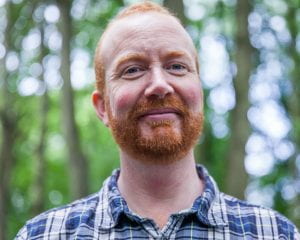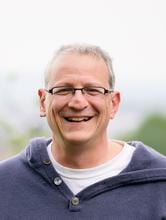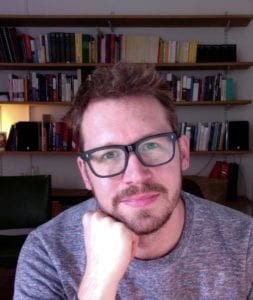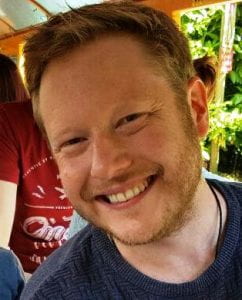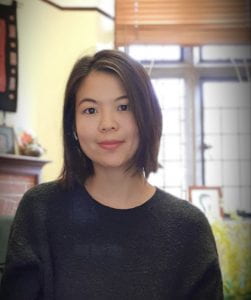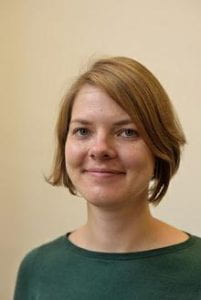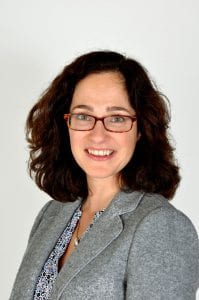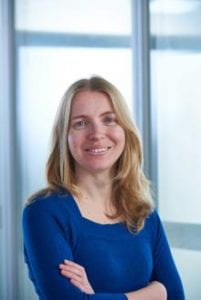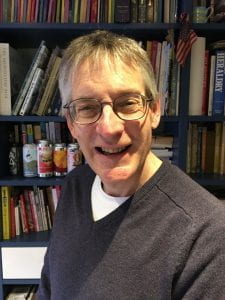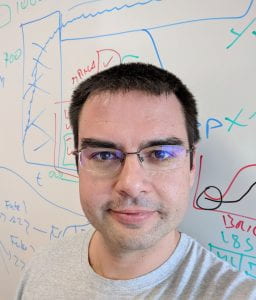Dave Jarman is a Senior Lecturer in the Centre for Innovation and Entrepreneurship within the Faculty of Arts.
Tell us about your journey into academia…
Like most of the team at the Centre for Innovation and Entrepreneurship, I’ve followed a slightly unconventional path into academia! We actually pride ourselves on the diversity of experience we’ve collectively accumulated!
After my own master’s degree at Bristol, I was initially a skills trainer and development coach in the Students’ Union and later the Careers Service here at the University. Then just over 10 years ago I started supporting freelancers and start-up entrepreneurs whilst working for the University’s Research and Enterprise Division, supporting new social and commercial ventures ranging from healthcare and high-tech ideas to charities and creative freelancers.
I eventually became the Head of Enterprise Education here at Bristol, chaired the UK’s national network of entrepreneurship educators, and then became the Head of both Careers and Enterprise at a creative arts university just down the road. I got tempted back to Bristol with a switch to the academic side of the house as a Lecturer in Entrepreneurship at what was then a brand new Centre in 2016.
What tips do you have for prospective postgraduate students?
My top tip for prospective postgraduate students when applying is to show us the trajectory that you’re on; what I mean by this is if we’re going to invest in you and support you, we want to see in your application some evidence of your passion and skill so far, and also your ambitions for the future. We want to invest in students who’ve got the motivation to make the most of the course, so show us your initiative, show us your burning interest, show us your hopes for the future and that’ll excite us about wanting to work with you to achieve that.
What’s your experience of events at Bristol?
Whilst events have moved online they’re still a great way to meet people. I love meeting prospective students and talking through their ideas and ambitions. It’s really fun sharing our programme with people who are usually surprised by just how practical it is.
Do you have any advice for how prospective students can make the most of the virtual events?
Make the most out of all the resources and opportunities available. Read the information, come to events and ask questions using the chat, listen in to the briefings and try to get a feel for what we do. If you’re still not sure about something, get in touch and ask!
What kind of things can students ask you?
Applicants can ask almost anything, certainly about what and how we teach, and what and how we assess (clue: no exams), but I’d also welcome questions about what a great city Bristol is for start-up and innovation. We often get questions about getting the chance to work on a specific idea during the master’s, which is possible, but most students tend to have better ideas whilst they’re studying! I also get asked if you need a business idea to even apply, to which the answer is a definite “no”, we can help you have all those ideas!
Why is it important to attend the events?
Research is important! Obviously I’d say that, but it is important to get a proper feel for what you’re applying to. It’ll help you make the best choice and it’ll help give you content to put into your application too. It’s also fun!
Register today


